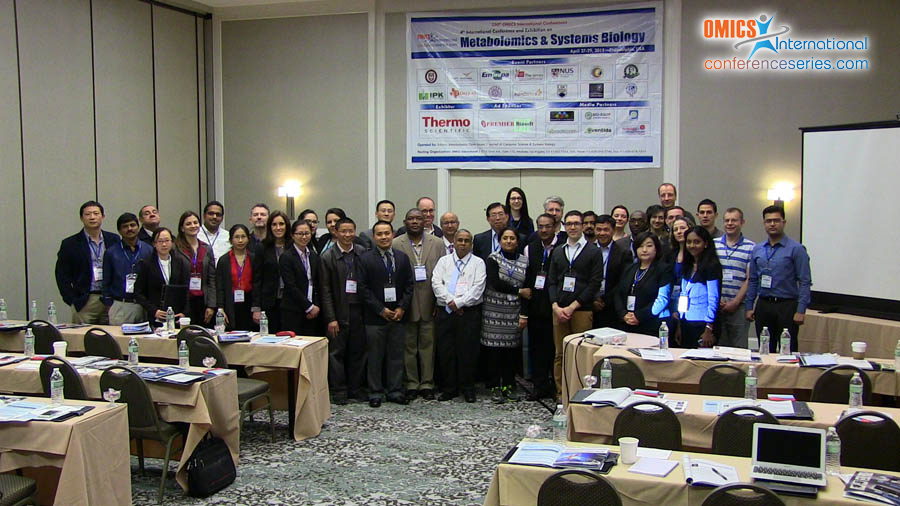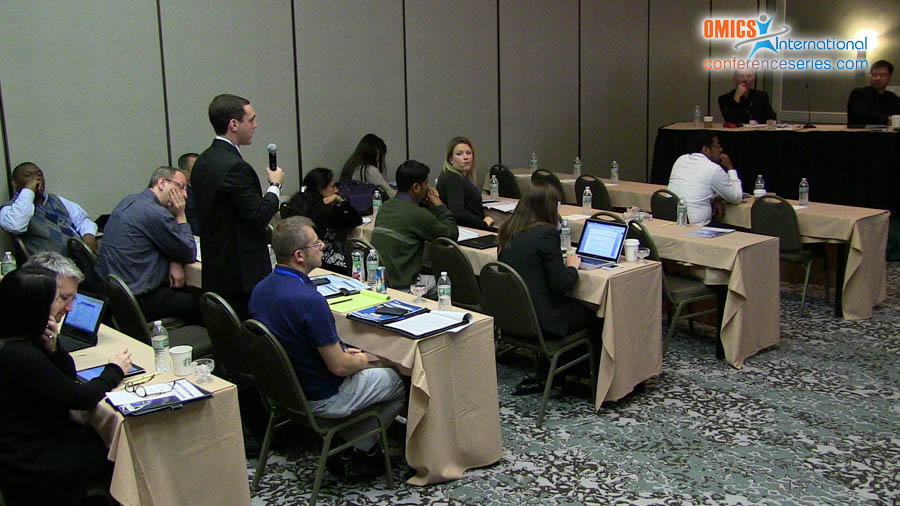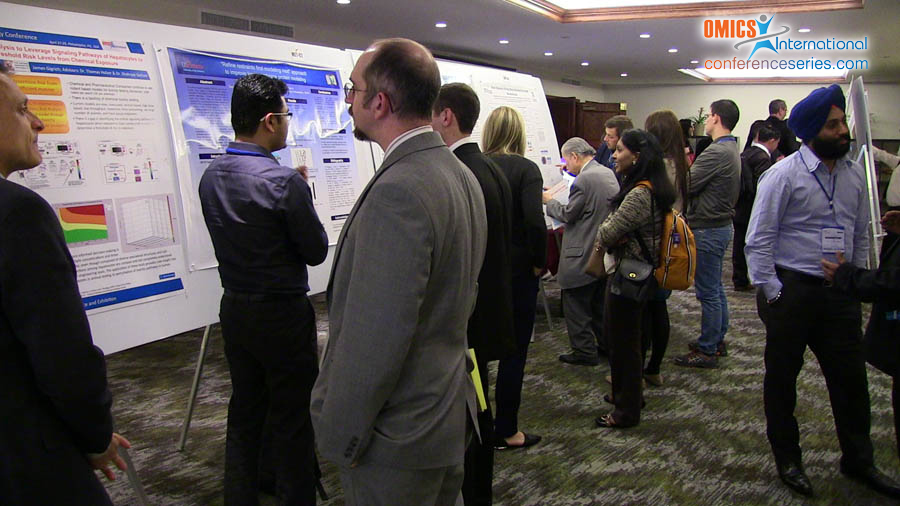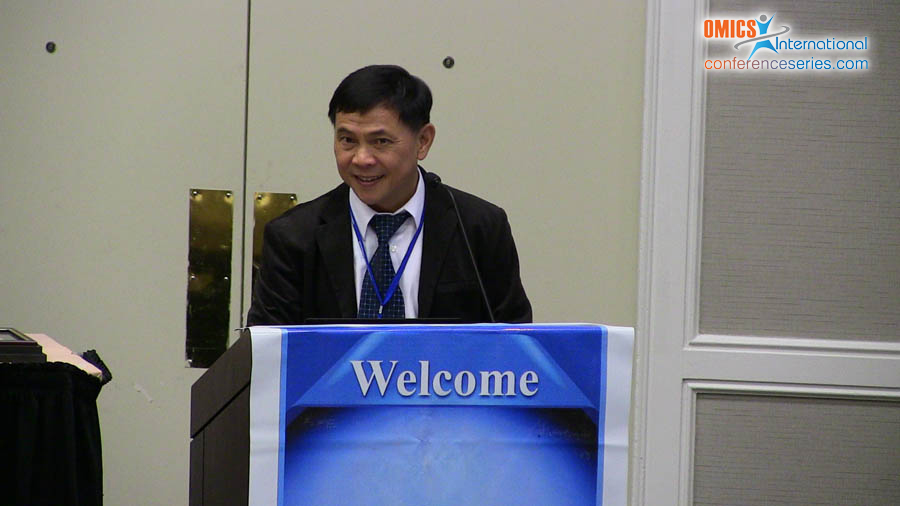
Sam F Y Li
National University of Singapore, Singapore
Title: Comprehensive metabolomic profiling of simulated combat trauma injury in a porcine model using NMR and LC-MS
Biography
Biography: Sam F Y Li
Abstract
The aim of this study is to use both nuclear magnetic resonance (NMR) and liquid chromatography-mass spectrometry (LC-MS) platforms to obtain a comprehensive profile of the metabolic changes occurring in an established porcine model of combat trauma injury, consisting of penetrating trauma with hemorrhagic shock (THS). The results obtained using NMR and LC-MS complemented the multi-faceted presentation of the physiological changes occurring after THS. The elevation of purine and pyrimidine metabolites clearly represent impaired energy metabolism, in particular the depletion of adenosine triphosphate (ATP). Increased levels of hydroxy fatty acids and the oxypurines, hypoxanthine and xanthosine, are indicative of oxidative stress. The reduced levels of lipoproteins, albumin and N-acetylglycoproteins indicate the activation of the acute phase of the inflammatory response. The elevation of several cysteine, methionine and methylated metabolites also indicates an activation of the inflammatory response. Lastly, accumulation of uremic retention solutes and toxins indicate acute renal failure. These results provide insights into possible strategies that can be implemented for the triage and treatment of combat trauma patients. Metabolite biomarker panels based on a combination of the identified metabolites that characterize energy depletion, oxidative stress, and inflammation can be developed to detect the onset and progression of traumatic hemorrhagic shock. Furthermore, knowledge of the affected pathways provides avenues for the development of supplementation strategies such as ATP supplementation to prevent energy depletion or the use of immune-modulating metabolites such as the sulfur-containing amino acids and the omega-3 fatty acids to prevent systemic inflammation.




